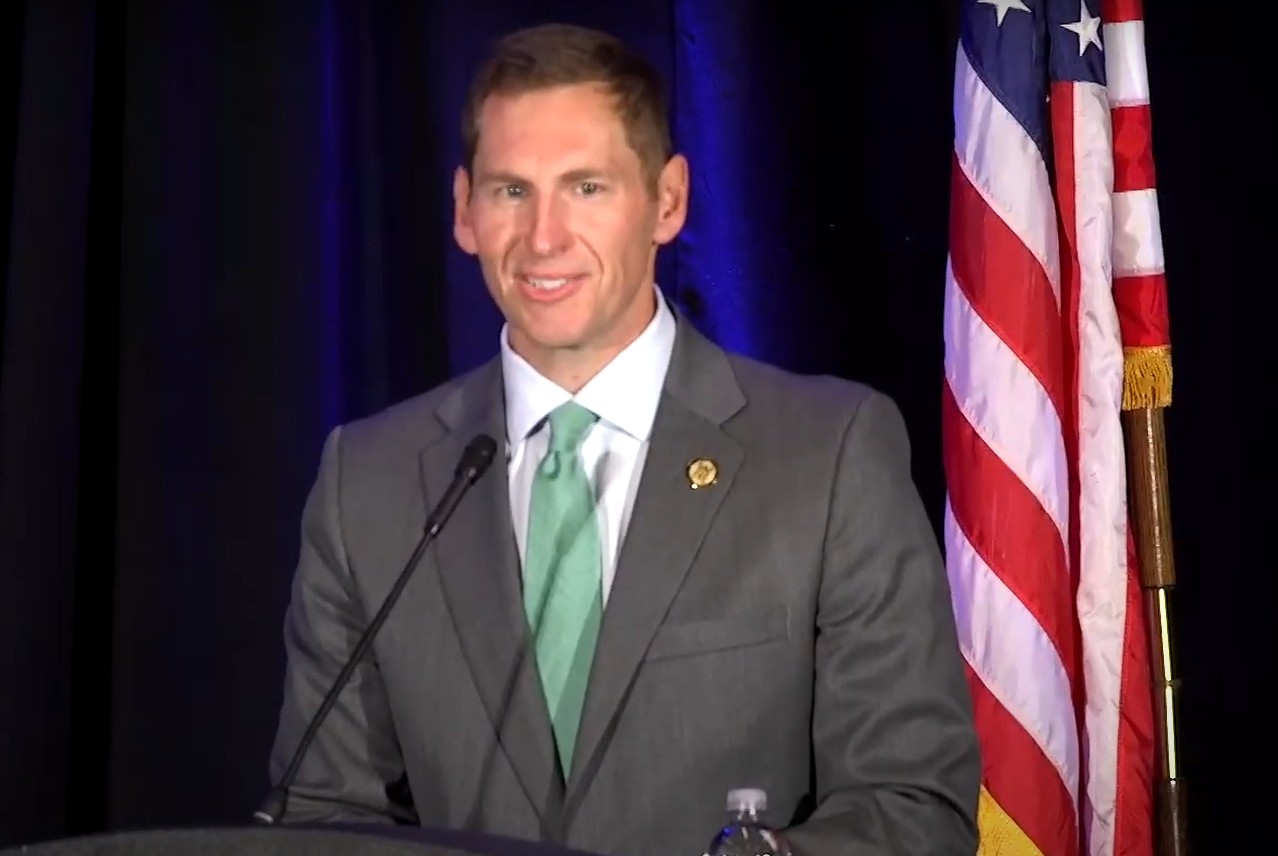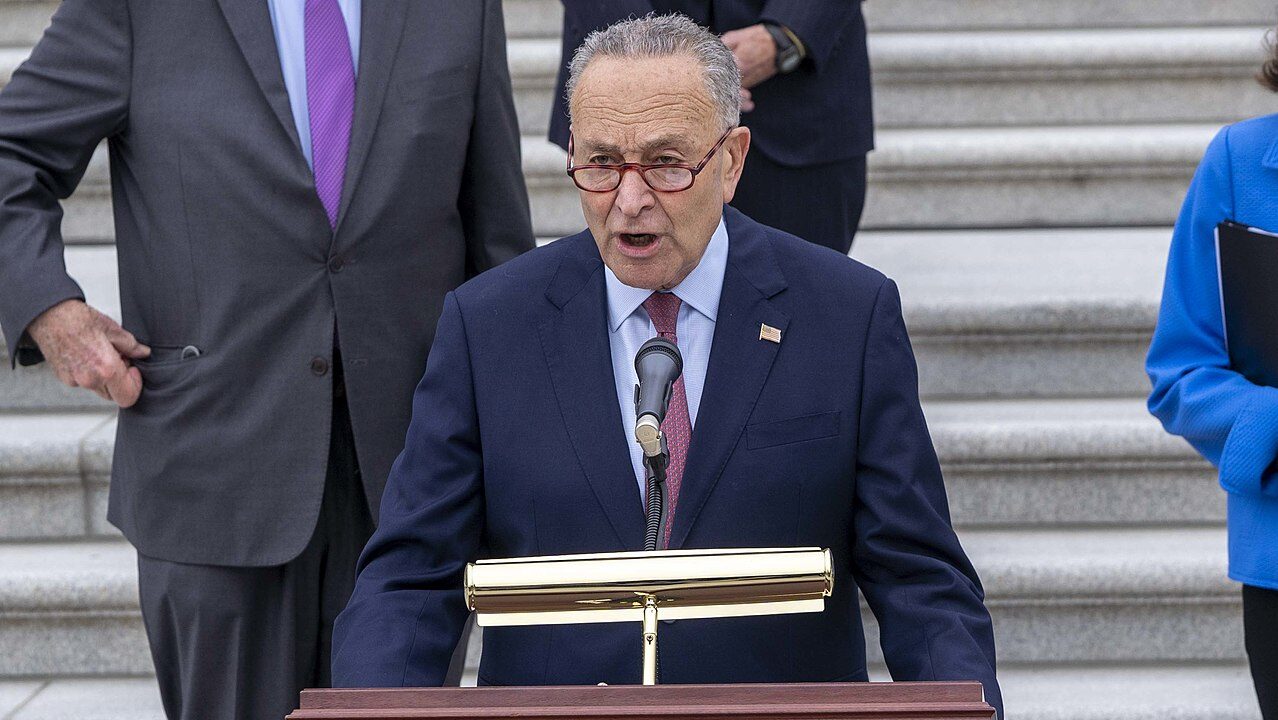Georgia Judge Sides with Dems and Blocks New Election Security Measure, Citing Jan. 6
A Fulton County judge has temporarily blocked the implementation of a new election integrity rule in Georgia, which was set to take effect on October 22. The decision, made by Judge Robert McBurney, was influenced by concerns regarding preparation and logistical support for the rule. The rule, which requires poll workers to hand count ballots in groups of 50, faced criticism due to insufficient training and guidelines, with the Cobb County Board of Elections arguing that over 400 workers would need training right before the election.
McBurney emphasized that introducing this rule close to the election could create chaos and undermine the efficiency and uniformity of the electoral process. He noted that while the rule may be beneficial for ensuring accurate election outcomes, the timing of its introduction was problematic, stating it was “too much, too late.” The ruling reflects the ongoing sensitivity surrounding electoral integrity in light of past events, such as the January 6 Capitol incident. The Georgia State Election Board acknowledged the judge’s decision, agreeing that while the rule had merit, its implementation was ill-timed.
An election integrity rule approved by Georgia’s state Election Board would be kicked down the road under a decision issued by a Fulton County judge.
Fulton County Superior Judge Robert McBurney agreed with arguments from the Cobb County Board of Elections, supported by the Democratic National Committee, and ruled that the change should not take effect as scheduled on Oct. 22. Early voting in Georgia began Tuesday.
Although much of McBurney’s ruling focused on a lack of preparation and logistical support for the rule, he also reached back in time to cite the 2021 Capitol incursion in his ruling.
Writing that “the public interest is not disserved by pressing pause here,” McBurney added, “This election season is fraught; memories of January 6 have not faded away, regardless of one’s view of that date’s fame or infamy,” McBurney wrote in an eight-page ruling. “Anything that adds uncertainty and disorder to the electoral process disserves the public.”
According to The Hill, the rule requires three poll workers at each location to independently count the number of votes cast in groups of 50 until the counts all matched. A poll manager could delay the count until after election night if a scanner had more than 750 ballots.
In court, a lawyer representing the Cobb County Board of Elections said 444 poll workers in that county alone would need training.
“Should the Hand Count Rule take effect as scheduled, it would do so on the very fortnight of the election. As of today, there are no guidelines or training tools for the implementation of the Hand Count Rule. Nor will there be any forthcoming,” McBurney wrote in his ruling.
“Our Boards of Election and Superintendents are statutorily obligated to ensure that elections are ‘honestly, efficiently, and uniformly conducted’ … Failure to comply with statutory obligations such as these can result in investigation by the SEB, suspension, and even criminal prosecution. (While the latter is far-fetched, it is not an impossibility in this charged political climate),” McBurney wrote
The judge wrote that “the 11th-and-one-half hour implementation of the Hand Count Rule will make this coming election inefficient and non-uniform by the introduction of an entirely new process — the precinct-level hand count — that involves thousands of poll workers handling, sorting, and counting actual ballots in a manner unknown and untested in the era of ballot scanning devices,” he wrote.
“No training has been administered (let alone developed), no protocols for handling write-in ballots (which are handled separately from regular ballots …) have been issued, and no allowances have been made in any county’s election budget for additional personnel and other expenses required to implement the Hand Count Rule,” he wrote.
“The administrative chaos that will — not may — ensue is entirely inconsistent with the obligations of our boards of elections (and the SEB) to ensure that our elections are fair, legal, and orderly,” he wrote.
McBurney did not say the rule was wrong, only its timing.
“Clearly the SEB believes that the Hand Count Rule is smart election policy — and it may be right. But the timing of its passage make implementation now quite wrong,” he wrote.
“On paper, the Hand Count Rule — if properly promulgated — appears consistent with the SEB’s mission of ensuring fair, legal, and orderly elections. It is, at base, simply a check of ballot counts, a human eyeball confirmation that the machine counts match reality,” he wrote.
“But that is not what confronts Georgians today, given the timing of the Rule’s passage,” McBurney wrote, calling the rule “too much, too late.”
Janelle King, a Republican member of the state elections board, had said when the rule was adopted that accuracy must have priority, even over the speed of delivering totals, according to Reuters.
“What I don’t want to do is set a precedent that we are OK with speed over accuracy,” King said.
Georgia State Election Board Executive Director Mike Coan appeared to pour cold water on any appeal. “We respect the judge’s decision and agree with him that it was a good rule but have a sincere disagreement that it was too close to the election,” Coan said after the ruling.
Advertise with The Western Journal and reach millions of highly engaged readers, while supporting our work. Advertise Today.
" Conservative News Daily does not always share or support the views and opinions expressed here; they are just those of the writer."





Now loading...